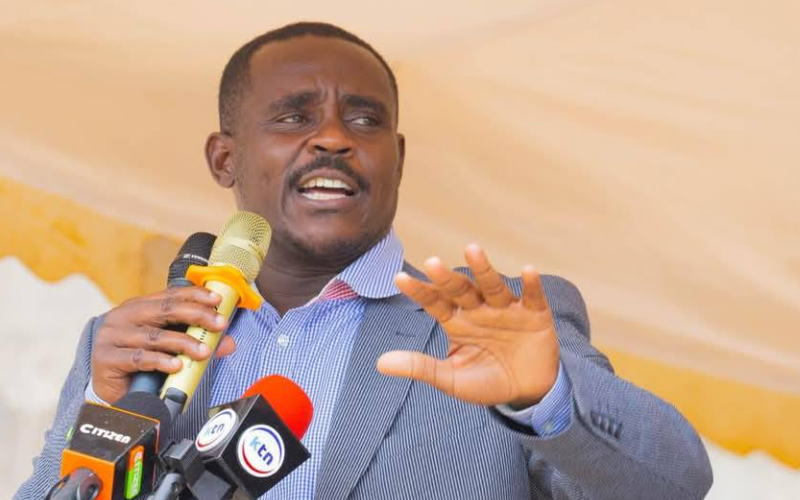The High Court has blocked the Directorate of Criminal Investigations (DCI) from arresting former Kakamega Senator and Deputy Party Leader of the Democracy for Citizens Party (DCP), Cleophas Malala, following chaos that erupted during his homecoming event last weekend.
Justice Diana Kavedza of the High Court in Kibera issued the ruling on Wednesday after Malala filed an application seeking anticipatory bail. Malala expressed fears that detectives intended to arrest and detain him over the Madaraka Day long weekend, which he claimed would violate his constitutional rights.
In her ruling, Justice Kavedza granted Malala anticipatory bail of KSh 100,000 and directed that he be escorted by his lawyer to the DCI offices for interrogation within five days, and no later than June 3. The judge ordered that Malala must fully cooperate with investigators in the event of an ongoing probe but emphasized that he should not be arrested or detained unless formal charges are approved by the Director of Public Prosecutions (DPP).
“The applicant herein is admitted to an anticipatory bail in the sum of Sh100,000 to be deposited in court,” Justice Kavedza ruled. “They [DCI] shall not arrest or detain the applicant in view of the orders above, until further orders of the court.”
Should the DPP approve charges, Malala is to be informed of the court where he will appear for plea-taking, rather than being arrested.
Malala claimed the police’s intention to arrest him was politically motivated and aimed at embarrassing and intimidating him. He argued that the arrest was being orchestrated to coincide with the long weekend to keep him in custody without due process.
The controversial homecoming event, held in Kakamega, was marked by chaos, including teargas and confrontations between police and DCP supporters. Malala was accompanied by Senators John Methu (Nyandarua) and Karungo Thang’wa (Kiambu), among other party officials, during the event.
While Justice Kavedza refrained from assessing the truth of Malala’s claims, she affirmed the court’s duty to safeguard the constitutional rights and freedoms of all citizens.

